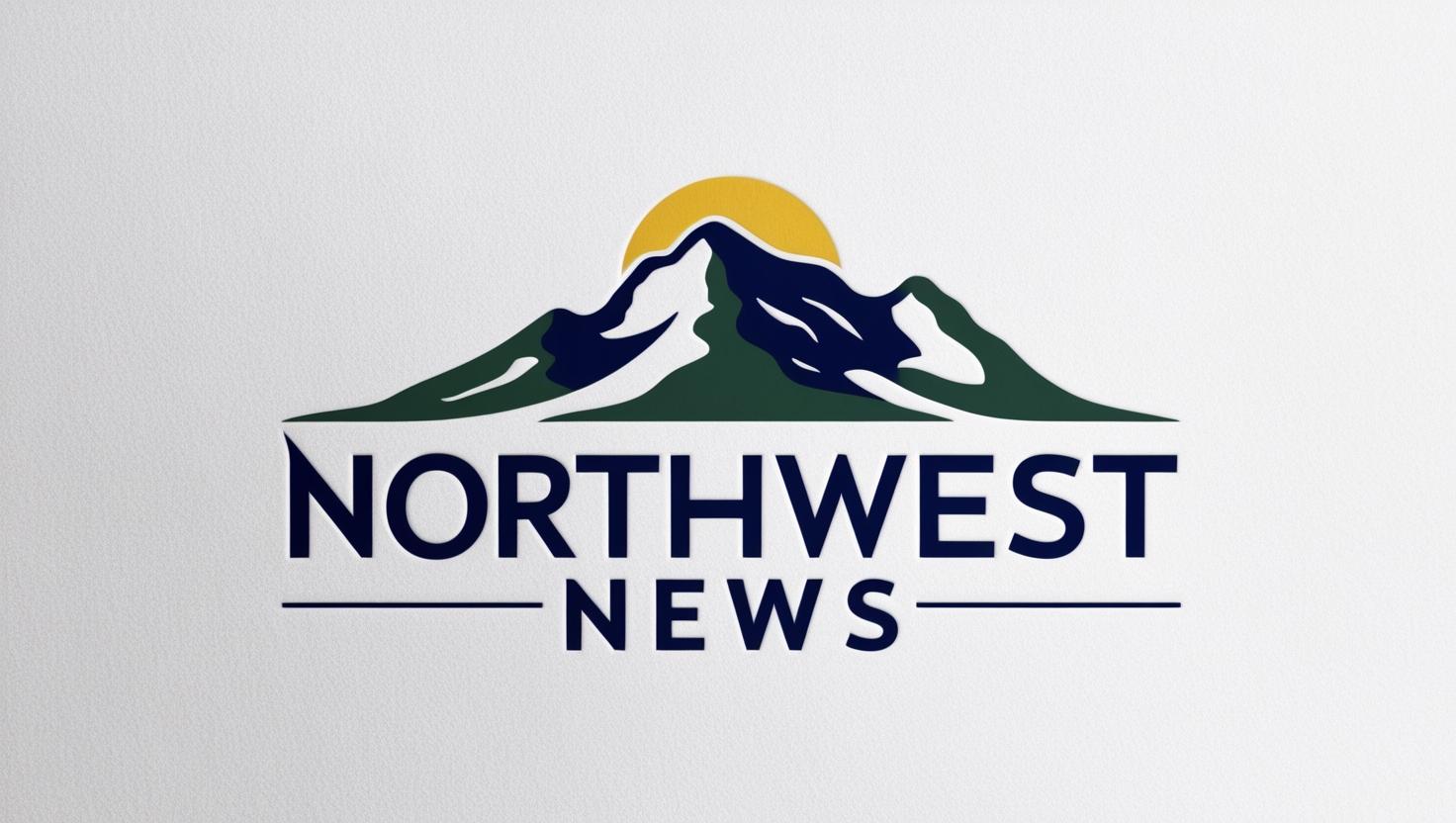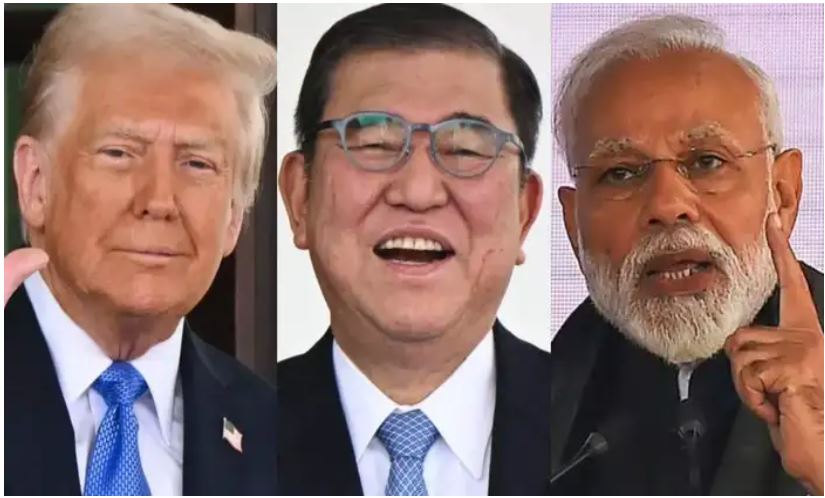India is being cautious about a trade deal with the US. People familiar with the matter said that this is because of the hurdles in the US’s recent deal with Japan. Along with this, challenges are also being cited in completing two other deals announced by President Donald Trump with Indonesia and Vietnam. Japan has raised a dispute over the terms of its trade agreement with the US.
In fact, Japan’s interpretation of the deal is different from that of the Trump administration. Japanese officials say that no written agreement has been reached yet. At the same time, American officials claim that Tokyo has promised to invest in America. This would give local taxpayers one-ninth to one-tenth of the benefit. A Japanese official said in a statement last week that he expected profits to be shared between the two countries based on the amount of contributions, under the terms of the $550 billion investment package.
This is contrary to Trump’s claim that Japan would bear the entire burden of the investment and that 90% of the profits would go to the US. Commerce and Industry Minister Piyush Goyal on Saturday said that negotiations on a bilateral trade agreement with the US and Oman are in an advanced stage. He also said that a team of negotiators from America will come to India in the second fortnight of August to take the talks forward. The minister said India will not be bound by deadlines in trade talks. He indicated that the government will not rush into any deal at the cost of national interest.
Trump announced a unilateral trade deal with Indonesia after talks with President Prabowo Subianto, but the agreement has not yet been signed. On July 22, Indonesia’s chief negotiator and coordinating minister for economic affairs, Airlangga Hartart, issued a joint statement with US Trade Representative Jamieson Greer, outlining the agreement and the import tax rates. The statement included additional information on non-tariff measures and commercial agreements. Both sides agreed to continue negotiations to finalise the agreement.
If the political agreement is not given legal form, comments Iis Gindarasa, a visiting senior fellow specialising in Indonesia at the S Rajaratnam School of International Studies (RSIS) in Singapore. So the risk of policy failure will remain high. Meanwhile, it is learned that Vietnam has not yet officially confirmed the tariff rates announced by Trump under the bilateral agreement. Hanoi fears that if the high tariffs announced by Trump are implemented So its exports to America may decline by one-third.

